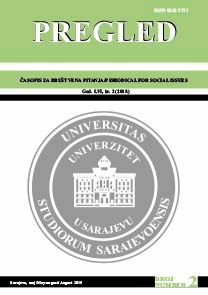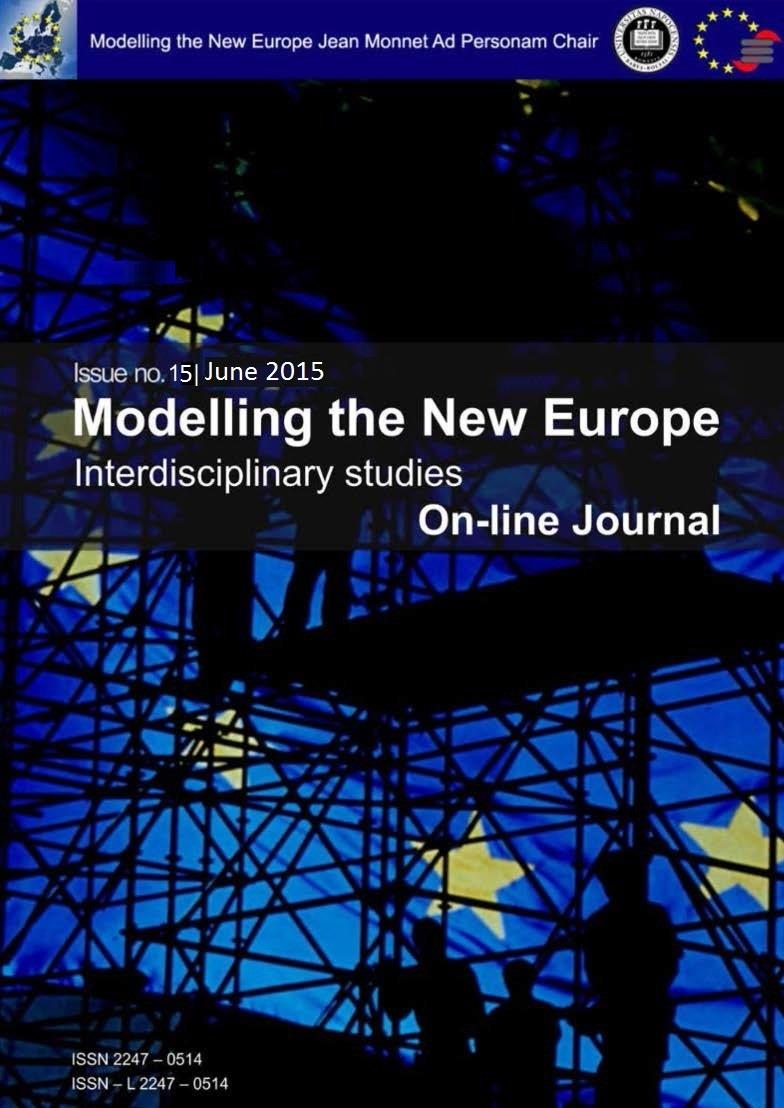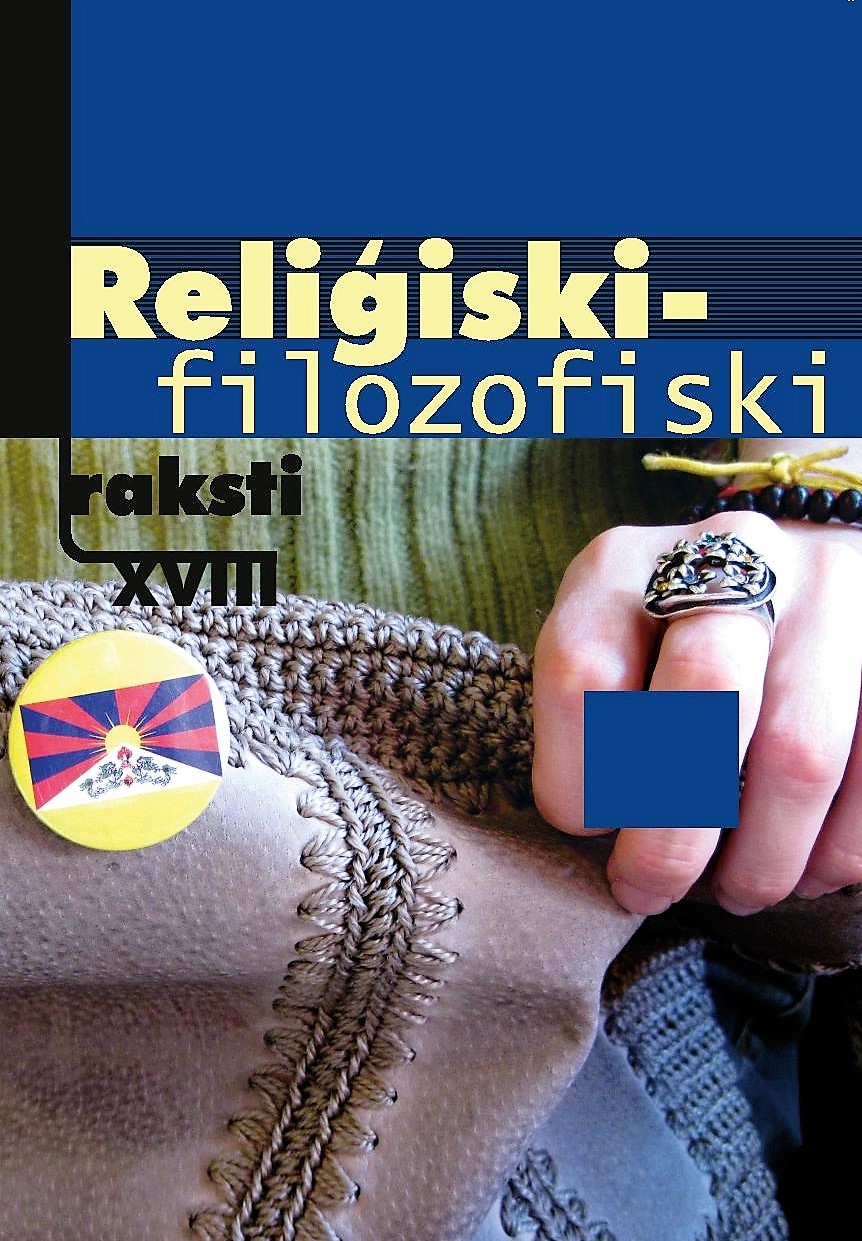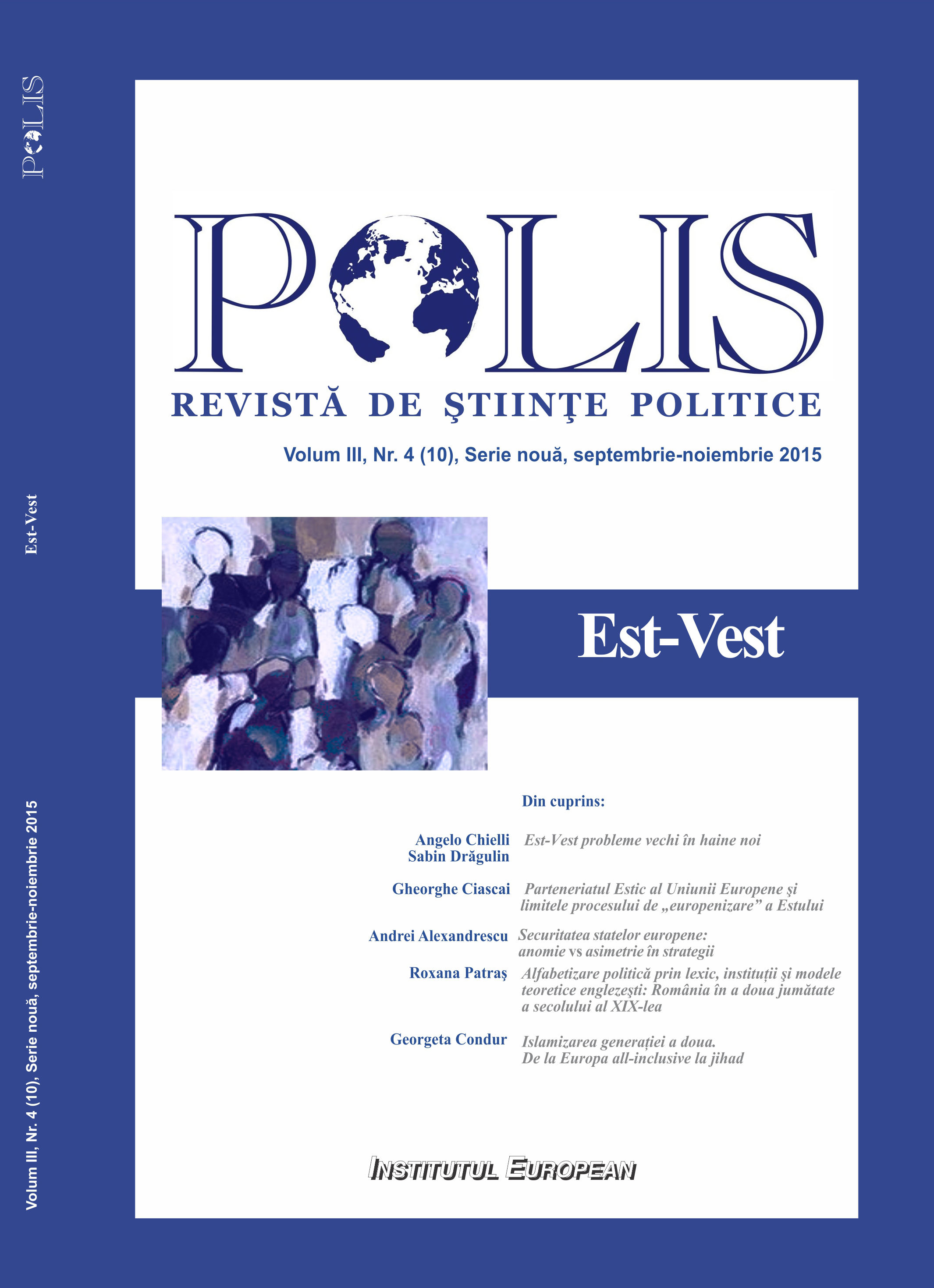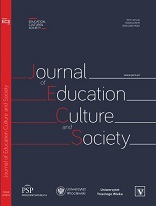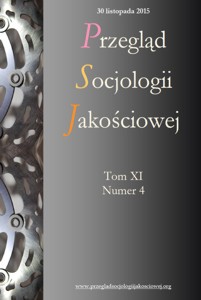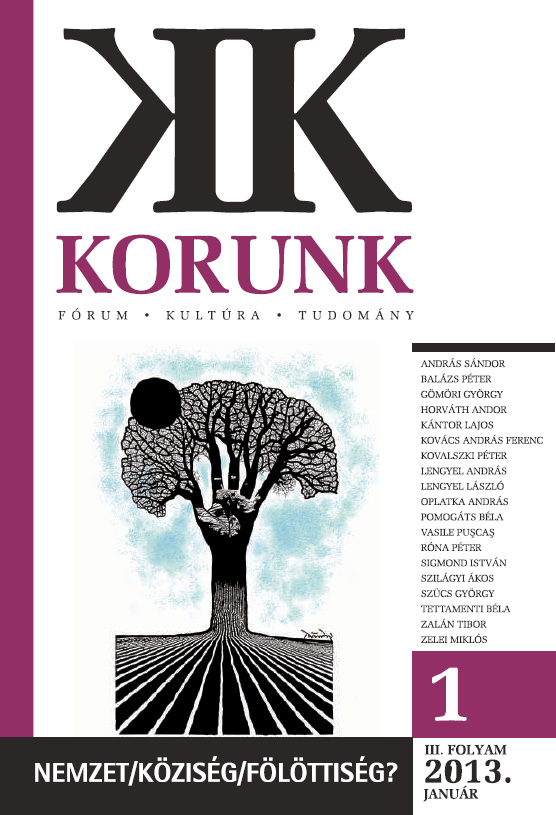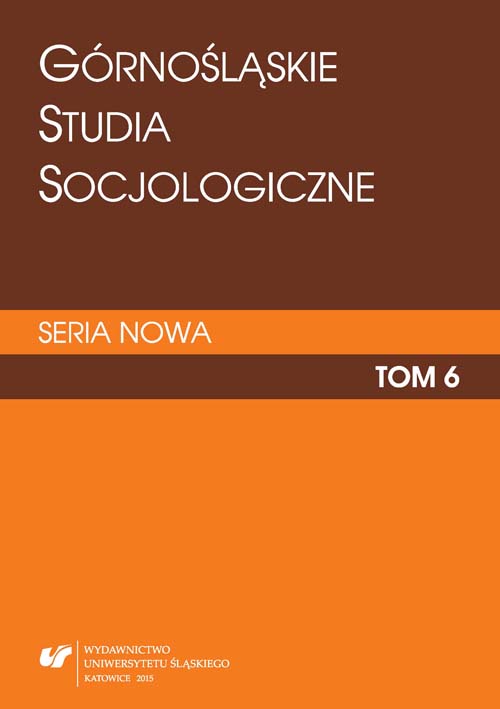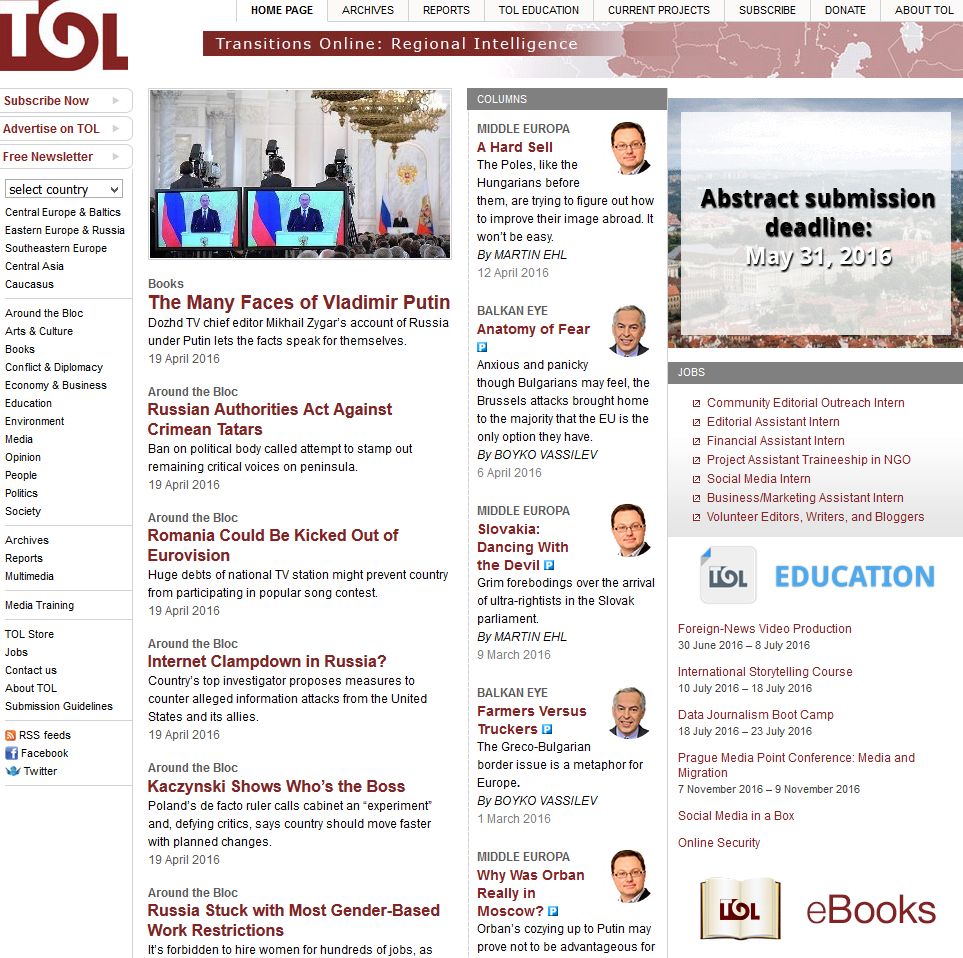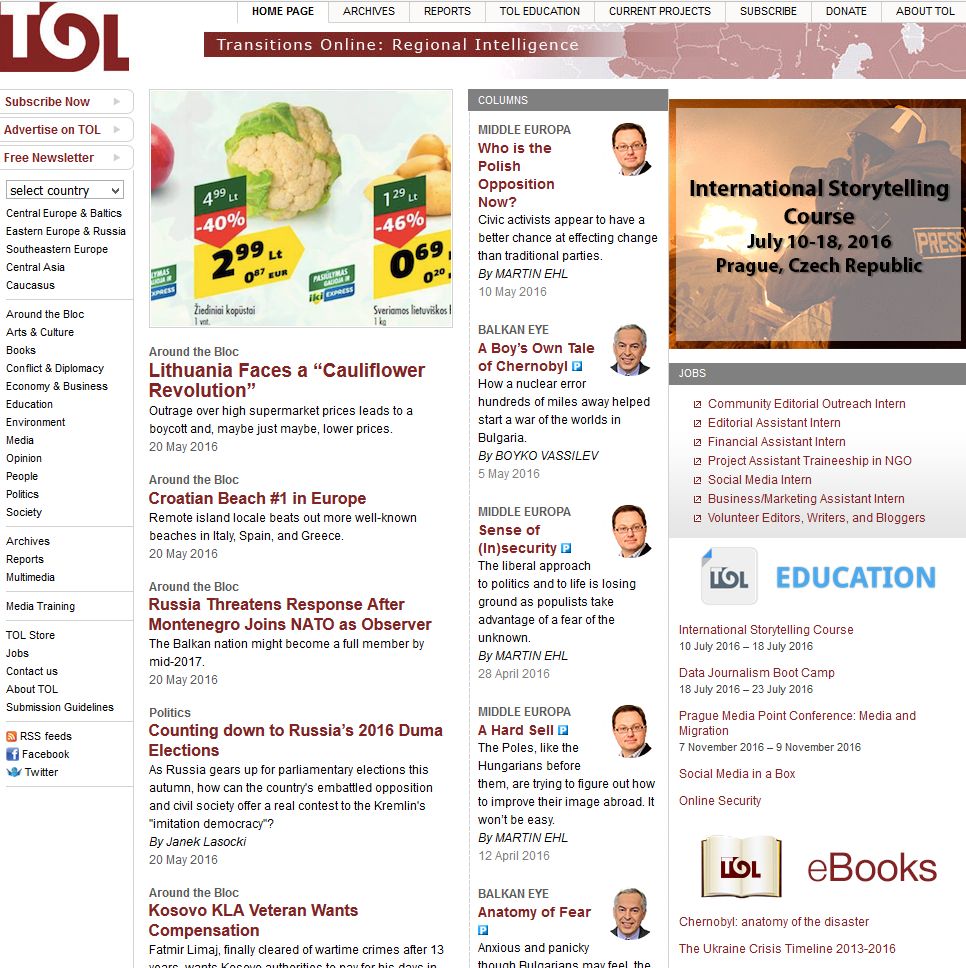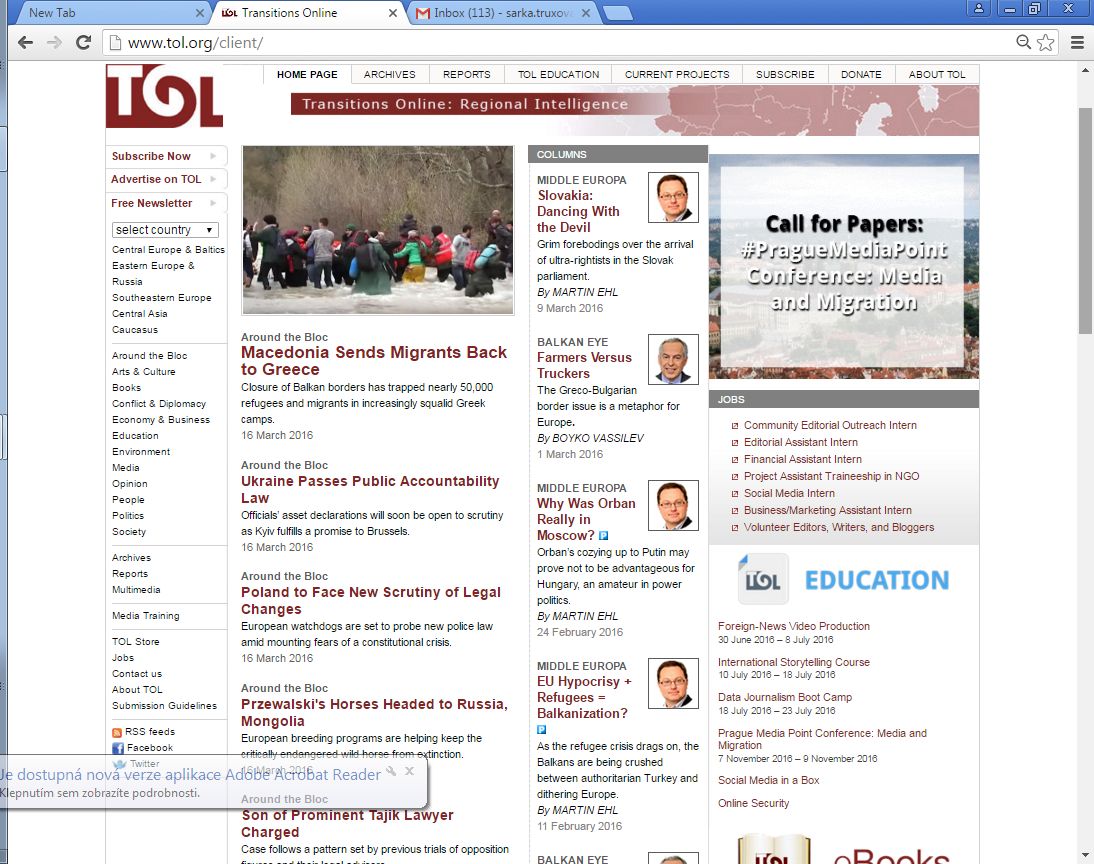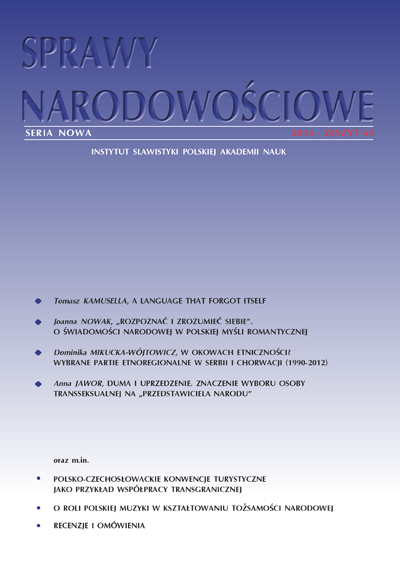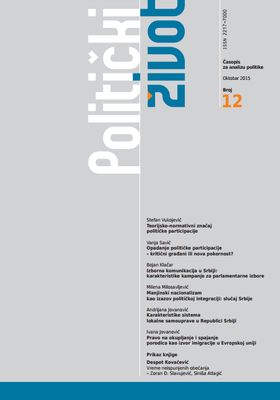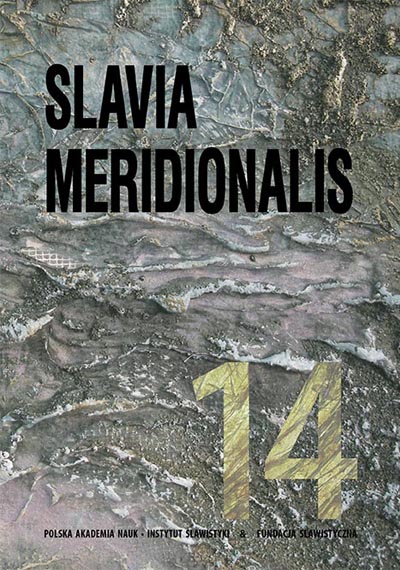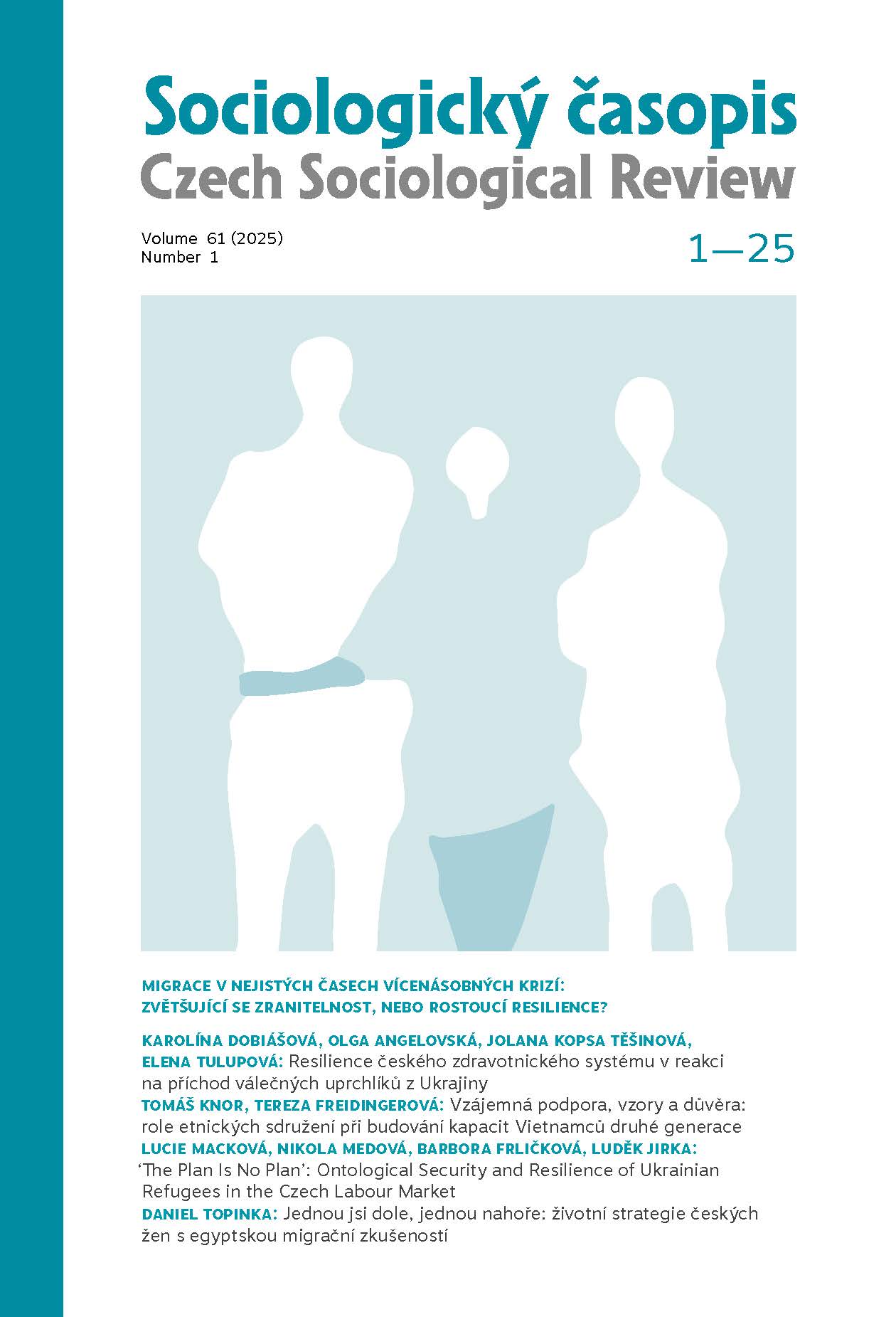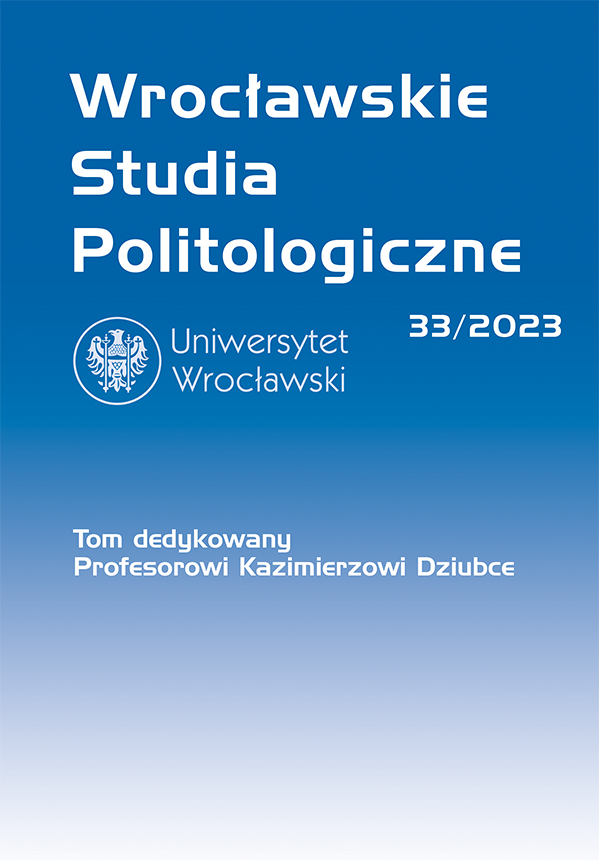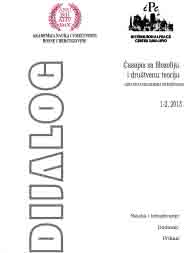
Zamišljanje nacionaliteta na Zapadnom Balkanu u tri čina
This text offers a historical version of the ideological narrative of the process of imagining and production of ethnic nations in the Balkans, especially in the geographic area of ex- Serbo-Croat language (today’s Croatia, Bosnia and Herzegovina, Serbia and Montenegro). This historical narrative is divided in three phases: a) Romantic revolution; b) National revolution, and c) ‘The Final Solution’, along with fourth, interim phase: ‘Communist Deviation’. This task of ideological demythologization seems important, especially for Bosnia and Herzegovina, in the midst of so-called ‘Euro-integration’ processes, as a part of wider ideological ‘Euro-centric’ demythologization that views this part of the world in terms of ‘balkanization’, as ‘not-yet-European’ (Maria Todorova). The analysis of the development of ethno-nationalist ideology in this part of the world, will show that, actually it has been Europeanized for at least during the last 200 years, yet for various reasons that process have not yet been completed.
More...
